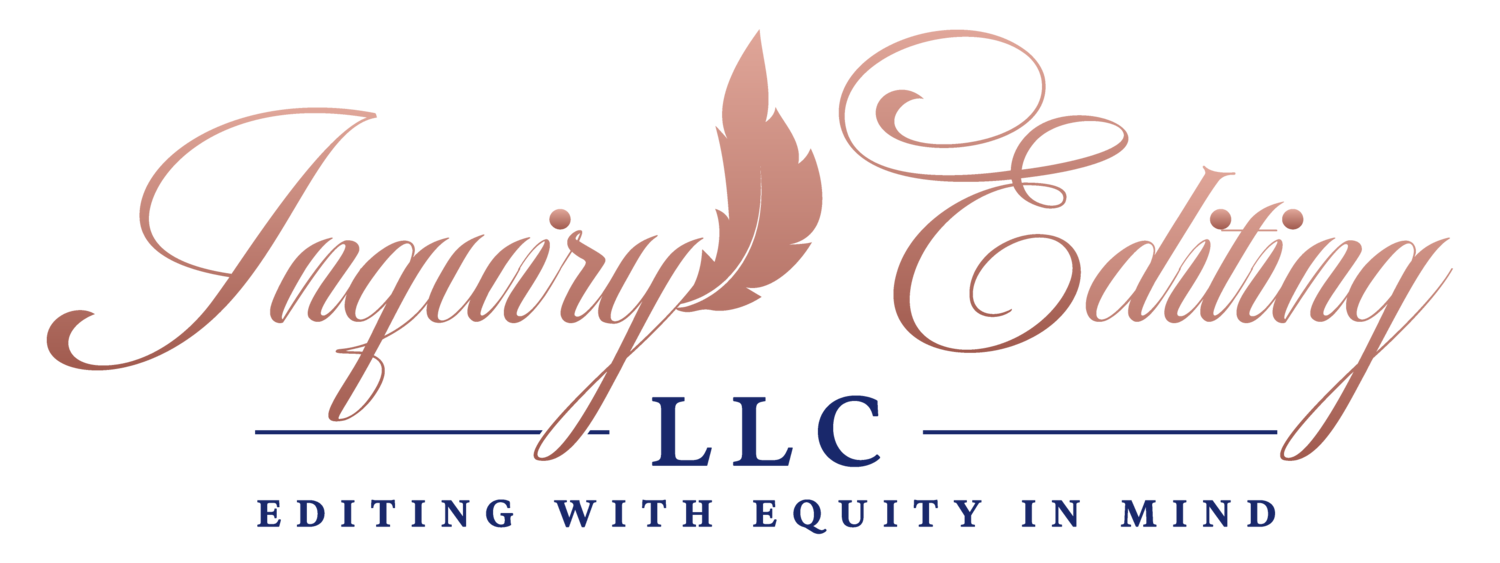How to Revise an Article, a personal journey, part 1
In keeping with the “new year, new me” vibe, I decided to examine an old article. This article had been rejected from two publications, both times with significant commentary from reviewers. Exasperated, I sent an email to a friend of mine: “Girl… I give up! Help me, please. When you get a chance…”
I really believe in this article’s argument. But, I had a hard time with the critiques because the reviewers seemed to “just not get it.” One had difficulty understanding my reasons for making the argument, telling me to “get right to it.” Another wanted more explanation saying, “there are justifications for what you’re doing, but you haven’t fully justified your work here.” Sigh.
I’m sure many academic writers have been in this situation. We receive contradictory or confusing feedback and do not know how to process it. In my case, I sent it to a friend who patiently told me that extensive feedback equaled interest. I certainly believed her, but I did not know how to approach the manuscript, so I abandoned it for other projects.
After a few years (yes, a few years), I have returned to the article. It is 10,114 words long, excluding footnotes and works cited. The question is how to go about reacquainting myself with the piece. I could read the article and fall back in love with it all over again. Time and intellectual distance from the project could provide me with the critical eye I need. However, I remember the feedback contained substantive questions and changes. As much as it pained me, I started with the reviewer’s comments.
Let me tell you. This was not at all easy. I felt my body start to harden and literally shrink in the chair. My shoulders crowded my ears and I could feel the vitriolic responses bubbling in my throat. That sounds dramatic and it might be, but it is utterly truthful. Reading reviewers comments are hard. Sometimes they are mean. In this case, they were harsh, but they also gave me a glimpse as to how much needed to be explained.
Based on the feedback, I’ve made some notes. I wrote a journal entry about which comments most intrigued me, where the reviewers diverged, and where they converged. One passage is particularly worth sharing:
I am most perplexed by their opinions about my use of Black sources to explain Arab ones. One reviewer thinks it fine, just not pulled through the article as a rich through-line. The other reviewer thinks it needs more justification. Here’s the thing: [name of scholar redacted] and I have been arguing for years that Arab American work has much in common with Black American work. It doesn’t make sense to pull from whiteness as a standard when it is the wrong standard! But, how to voice this? The critical landscape has changed in the past few years. Maybe it is worth looking for new work so it doesn’t seem like [name of scholar redacted] and I are wrapped up in our own little conversation…..
As you can see, there’s some confusion and anger. Through writing, I get clearer on the part of my manuscript to which I am wedded. Knowing my intellectual boundaries allows me to figure out where I will and won’t compromise. This helps me know how and where to streamline.
By the end of this passage, I have also begun to work myself toward a plan. After I read the article, I will search for new scholarship to see if there are others involved in this particular conversation. I need to frame my article as part of a conversation. This frame is incredibly useful because it forces me reframe my relationship to the scholarship. I can think of myself as already a contributor, rather than someone proving I deserve to be there.
To be honest, many marginalized scholars have this concern. We have been told so often, disciplined as it were, that we have to prove we deserve to be part of the conversation. This is never done outright, of course. It happens when someone asks you to explain your whole field in an elevator speech and then dismisses it with their personal experience. You say William Peter Blatty is Lebanese and wrote several novels, but when I saw The Exorcist, it wasn’t the least bit Arab. It happens when people only want to talk about the one author they know. You study Black feminism. But what do you know about Ralph Ellison? I could go on. This usually has the effect of dulling our arguments into being literature reviews. To riff off Kiese Makeba Laymon, we deserve beautiful arguments, we really do.
By the way, just reading the reviewers’ comments was enough for the day. I’m taking a break from this manuscript!
If you want to read about what happens next, please subscribe to the newsletter.
